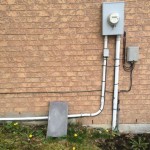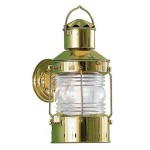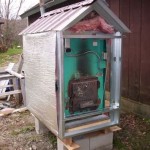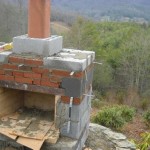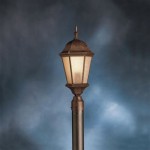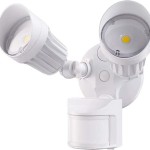Choosing the Right Wire for Outdoor Security Lighting
When it comes to installing outdoor security lighting, choosing the right wire is crucial for ensuring the system's safety, reliability, and longevity. Here are some essential aspects to consider when selecting wire for outdoor security lights:
1. Wire Gauge
The wire gauge refers to the thickness of the wire. For outdoor security lighting, a thicker wire is generally better as it can carry more current and reduce voltage drop over long distances. A minimum of 14-gauge wire is recommended for most applications. However, if the run is longer than 50 feet or the lights are expected to draw a significant amount of power, a 12-gauge or even 10-gauge wire may be necessary.
2. Insulation Type
The insulation type protects the wire from moisture, heat, and mechanical damage. For outdoor applications, a wire with UV-resistant insulation is essential. This type of insulation is designed to withstand prolonged exposure to sunlight without degrading or breaking down. Common insulation materials for outdoor wire include PVC (polyvinyl chloride), polyethylene (PE), and cross-linked polyethylene (XLPE).
3. Stranded vs. Solid Wire
Stranded wire consists of multiple strands of smaller wires twisted together, while solid wire is a single, solid conductor. Stranded wire is more flexible and easier to work with, especially in tight spaces or when running the wire through conduit. It is also less likely to break due to stress or vibration. For outdoor security lighting, stranded wire is generally the preferred choice.
4. Direct Burial Rating
If you plan to bury the wire underground, it is important to choose a wire with a direct burial rating. This rating indicates that the wire is designed to withstand the harsh conditions of being buried directly in the ground, including exposure to moisture, soil acids, and other potential hazards. Direct burial rated wire typically has a thick, corrosion-resistant outer jacket.
5. Conduit
In certain situations, it may be necessary or desirable to run the wire through conduit. Conduit provides additional protection against physical damage, moisture, and rodents. If you choose to use conduit, make sure to select a size that is large enough to accommodate the wire and any future upgrades or additions.
6. Safety and Code Compliance
It is essential to ensure that the wire you choose meets all applicable safety standards and building codes. In most areas, outdoor electrical wiring must be installed by a qualified electrician and inspected by a local authority. Always consult with an electrician or refer to the local building codes to determine the specific requirements for your installation.
Conclusion
Choosing the right wire for outdoor security lighting requires careful consideration of several factors, including wire gauge, insulation type, stranded vs. solid wire, direct burial rating, conduit, and safety compliance. By following these guidelines, you can ensure a safe, reliable, and long-lasting outdoor security lighting system that effectively protects your property.
Quick Question Re Outdoor Security Light Wiring Scoobynet Com Subaru Enthusiast Forum

Zenith Motion Sensor Wiring Diagram Outside Lights To Handyman Wire Home Electrical

How To Install Security Lights Diy Family Handyman

How To Wire Motion Sensor Occupancy Sensors

How To Wire A Floodlight
Quick Question Re Outdoor Security Light Wiring Scoobynet Com Subaru Enthusiast Forum

Installing A Motion Sensor Light Fine Homebuilding

How To Wire Motion Sensor Occupancy Sensors

How To Wire Occupancy Sensor And Motion Detectors

Led Security Lights The Ultimate Guide To Home Safety
Related Posts


